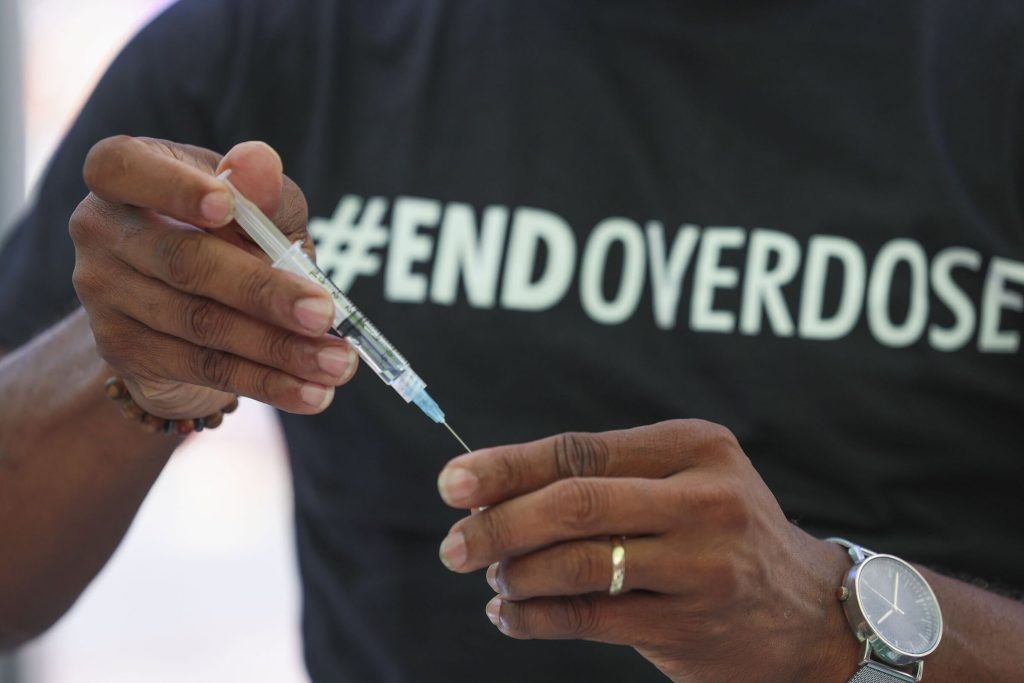By SPEAKIN’ OUT NEWS

MONTGOMERY, Ala. — Alabama is seeing measurable progress in its fight against opioid addiction. The Alabama Oversight Commission for Opioid Settlement Funds reported a 31% decrease in overdose deaths over the past year, citing new treatment and prevention programs made possible through the state’s share of national opioid settlements.
As of late September, Alabama has received $113.4 million in settlement payments, with another $240.5 million expected by 2036. About $81 million has been appropriated so far, including $8.5 million in 2023, $30 million in 2024, and $41 million in 2025—funding that expanded provider grants, added new treatment beds, and launched a standalone opioid treatment center.
According to the CDC, drug overdose deaths in Alabama fell by 18.24% between July 2023 and July 2024, among the steepest declines in the nation. Once the highest prescriber of opioids in the country, Alabama has reduced its rate from 143.8 prescriptions per 100 people in 2012 to 71.4 in 2023, a 50% drop. The Prescription Drug Monitoring Program continues to help doctors flag overuse and duplication.
Settlement funds have fueled major recovery efforts, including the distribution of 88,000 naloxone kits to law enforcement, first responders, and community organizations since March 2024. Officials believe the true number of lives saved is higher than reported due to untracked private use.
New projects include reopening the Thomasville facility as an all-women’s recovery and reentry center and creating Alabama’s first therapeutic community treatment center, a long-term recovery program combining housing, job readiness, and clinical care.
“That’s the first time that we were talking about long-term care. I applauded you for that. That is a major, major need. We need to find another way to reach and to delve into that model,” said Sen. Greg Albritton (R–Atmore) in a statement to The Alabama Reporter.
The Alabama Department of Corrections has also expanded its Medication-Assisted Treatment program, with more than 500 inmates receiving addiction care. Meanwhile, the Bureau of Pardons and Paroles has funded 1,200 rides for clients in rural counties and reported a drop in recidivism from 34% to 28%, ranking the state 12th lowest nationally.
Officials credit the improvements to closer coordination between public health and criminal justice agencies, emphasizing that sustained progress will depend on continued investment and community partnerships.

